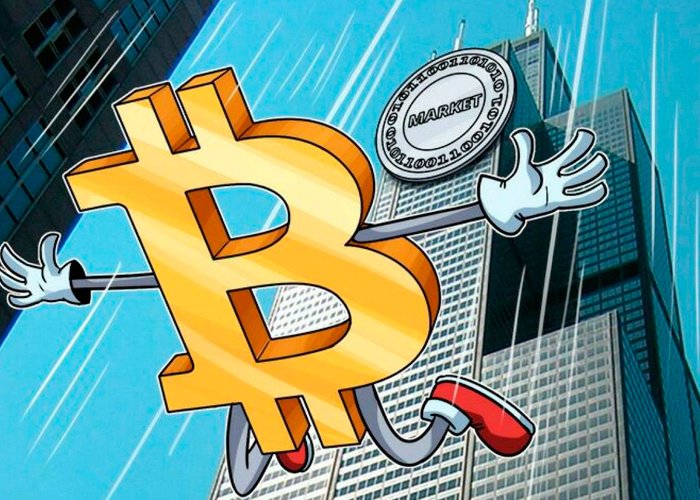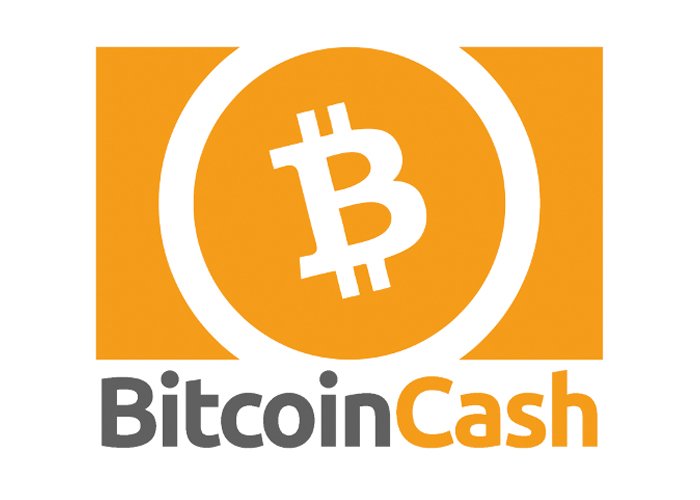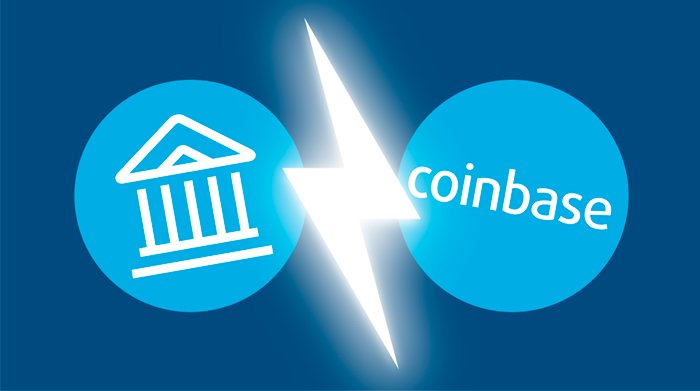In 2017, there were many good and bad stories for all participants of the crypto-currency market. Regardless of whether you think bitkoyn another wonderful bubble or believe with all your heart in the prophet Satoshi, you had to be both happy and worried last year. Below are five stories that cost a lot to crypto currency investors.
Segwit2x versus No2x
Both supporters and enemies bitkoyna recognized that scalability is an urgent problem. This led to the fact that the stakeholders, consisting of developers and their ecosystem, gathered together in New York on May 23, 2017 and announced the agreement on scaling. It implied parallel updates of the bitcoin protocol, one of which would activate Segwit with a threshold of 80% hash power, and the second would activate a hard hard drive to double the block size within six months. This hardcore, also referred to as Segwit2x, was due November 16, 2017, but was canceled on November 8th. While one half of the agreement was successfully implemented in August, support for Segwit2x failed for a number of reasons. By the way, the "implementation" of the Segwit2x plug was recently announced, but as it turned out, the development team associated with this new Segwit2x does not correspond to those who stood behind the New York agreement. In connection with the cancellation of Segwit2x, bitcoin from 7300 to 5600 dollars.WannaCry demanded a ransom in bitcoin
In May 2017, a virus called WannaCry shook the world, infecting computers using an exploit of the operating system, encrypting files on infected computers and demanding to pay $ 300 in bitkoyne. This hacking has caused exhausting consequences for users working on the Windows platform. The fact that the ransom was to be paid in bitokoyne, caused the currency to fall by $ 200 to $ 1,650. It is known that extortionists managed to get 143 000 dollars. However, bitkoyin-investors in total lost much more in the capitalization of their currency. It was not the only such attack: on June 27, 2017, the virus "Petya" blocked computers in more than 80 companies. The list of victims included such giants as DLA Piper, Maersk, Juggernaut Merck and FedEx. At this time, hackers were able to get only about $ 10,000. However, the companies suffered serious damage. Merck, Maersk and FedEx announced the estimated revenue lost due to a break-in of $ 300 million for each company.

Bcash, BCH or True Bitcoin?
Debate on Bitcoin Cash is still the most controversial topic in the crypto-currency community. Roger Ver began to actively propagandize that Bitcoin Cash as "the only real bitkoyn." The community was divided into two uneven parts. In social networks and microblogs, mirror opinions began to appear. Bitcoin Cash is the result of a fork on August 1, 2017, which allowed BTC owners to inherit one more crypto currency. BCH became the fourth currency by market capitalization, sometimes reaching second place. An understandable "for their own" problem has become another barrier for the distribution of crypto-currency among the general public. Internal disputes are extremely incomprehensible to people who hardly understand why the world needs another currency at all.The Central Bank of China bans ICO
On September 4, 2017, the central monetary authority of the Chinese government, the People's Bank of China (PBOC), banned the ICO in any form. In a statement published by the Chinese Insurance Claims Commission, the sales of tokens in the country "should be stopped immediately." The crypto investors were alarmed that the world's second largest economy closed its doors to a new asset class. This entailed a 30 percent drop in the market for three days.

Hacking, scandals and lawsuits against crypto-exchanges
The largest exchange Coinbase lost the judicial battle with the IRS (US tax administration), which forced the company to disclose the identity of its users. The IRS's attempt to collect data on possible incomes not disclosed by US taxpayers gives us reason to expect a strengthened study of income statements for crypto-currency investors in the future. And at the end of the year, Coinbase was caught up in a scandal when claims of insider trading related to the date Bitcoin Cash was added to the platform. Bitfinex suffered at the end of 2016, when it was hacked and lost 72 million dollars of its customers. Then, at the beginning of 2017, the stock exchange returned to the market, and on November 9 it stopped providing services to US investors and was subjected to close analysis for managing Tether's tokens. The end of 2017, the company conducted in preparation for potential suits regarding the lack of security of the USDT token. South Korean Exchange Youbit closed after the second successful hack in 2017 led to the loss of 17 percent of its assets. Other exchanges survived after several hacks in one year, but the closure of Youbit shows that not all such services can recover.